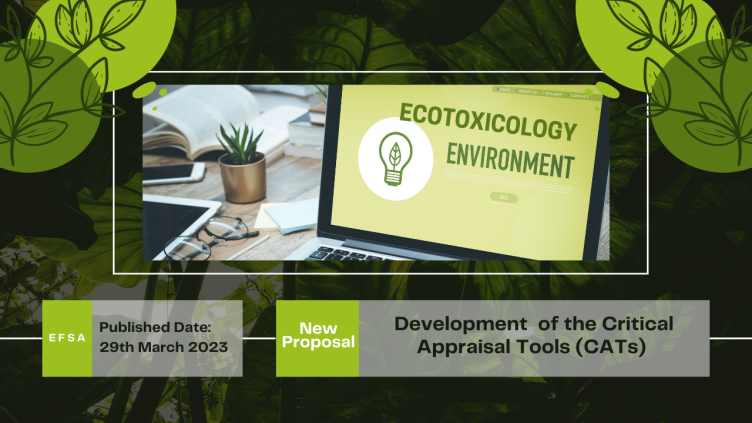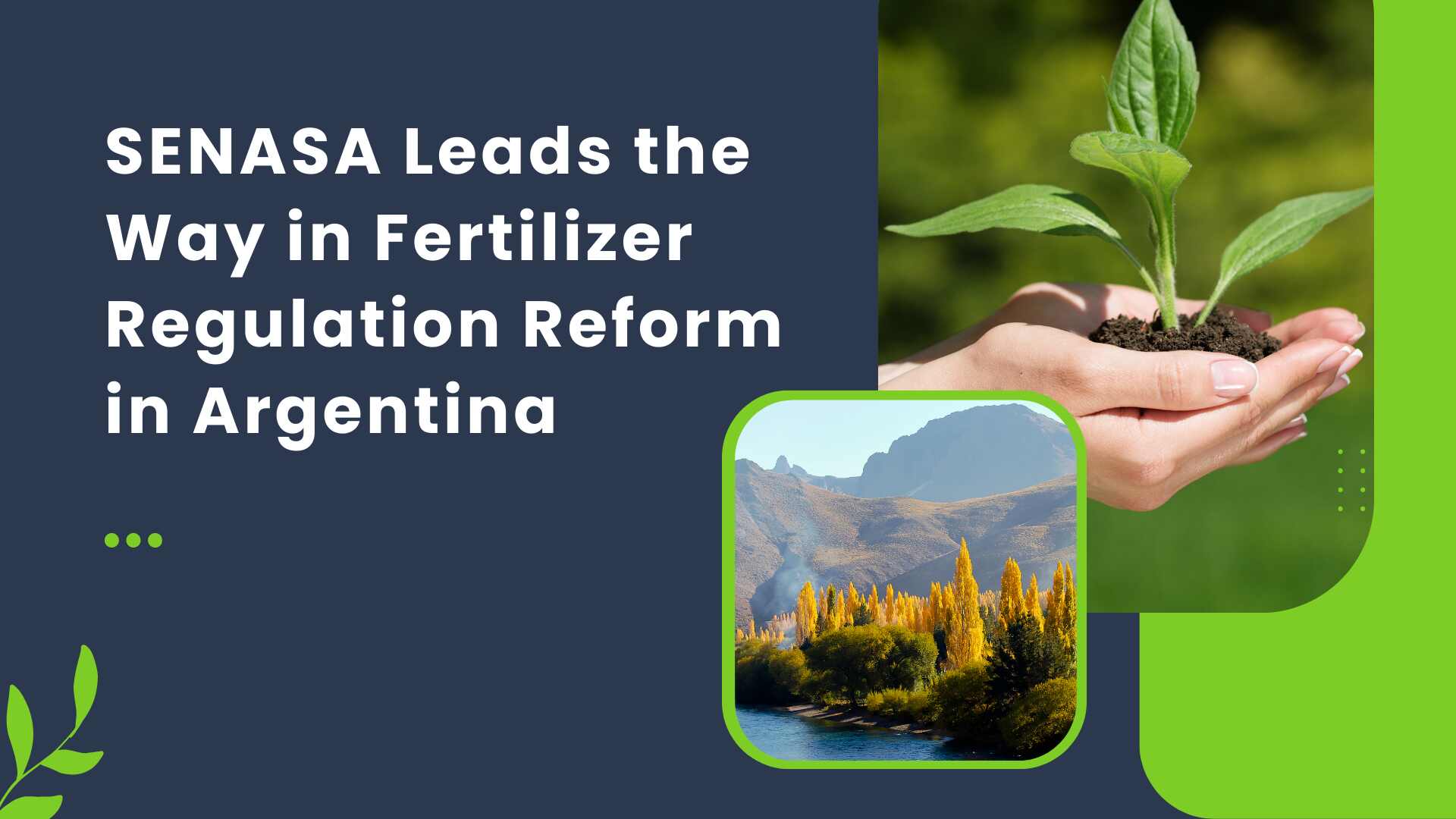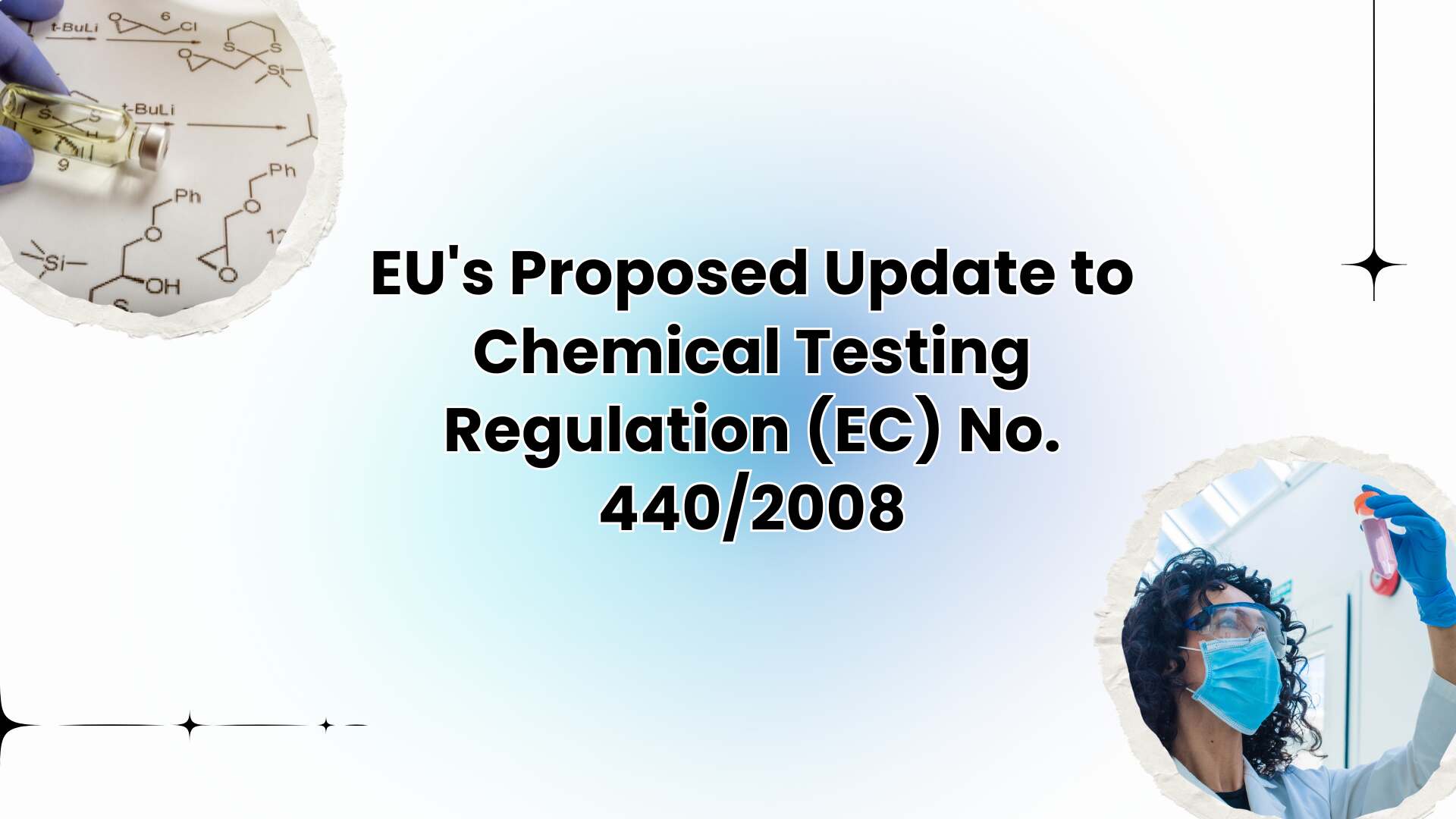The most challenging part was the evaluation of studies which do not have specific standard test guideline.
In order to assess the validity of individual studies, it is therefore necessary to have the availability of appraisal criteria contained in Critical Appraisal Tools (CATs). The scope of this proposal is to develop critical appraisal tools to support the evaluation of the studies submitted with the dossiers of pesticides in the area of ecotoxicology.
Objective of Proposal
- The Critical Appraisal Tools (CATs) should be organised in an evaluation form and it should be flexible to be proposed for the DAR/RAR.
- Developing CATs for a number of ecotoxicology studies for which harmonized standard protocols are not currently available.
- Developing a methodology to quantify the fulfilment for each of the identified criteria.
- Conduct a literature review for reporting the existing CATs in ecotoxicology and environmental risk assessment.
- The methods will be harmonised between different studies and study types and organised in evaluation forms suitable for later use in IT tools.
“Literature survey” has many different approaches for structuring and harmonizing the review of environmental and ecotoxicity studies.
Development of the Critical Appraisal Tools (CATs)
- An overview and a critical review of existing CATs and study evaluation methods in ecotoxicology and environmental risk assessment used in regulatory frameworks for risk assessment.
- CATs were developed for ecotoxicity tests for both aquatic and terrestrial risk assessment and in four domains.
- The development of an approach for assessing the reliability and relevance of studies conducted with non-standard higher tier testing methods for aquatic and terrestrial risk assessment (aquatic organisms, bees, non-target arthropods other than bees, birds and mammals).
1. Aquatic organisms:
- Modified exposure studies (tier 2)
- Mesocosm studies (tier 3)
2. Bees:
- Honeybee brood test (feeding and tent test version)
3. Non-target arthropods other than bees:
- Extended laboratory studies
- Aged residue studies
- Field studies
4. Residue decline studies and related kinetics (currently relevant for birds and mammals risk assessment):
- Field studies
The development of a method for evaluating the overall validity of ecotoxicity studies based on both a (semi-)quantitative scoring system. However, expert judgement should also be required.
The development of seven CATs (Excel spreadsheets with criteria and scoring tables) for seven nonstandard test methods, including handbooks for each CAT with detailed instructions for appraising the individual reliability and relevance criteria for the study type under consideration.
Common appraisal tools will enhance the harmonization and transparency of the study evaluations performed by ecotoxicology experts, as well as the trust in scientific assessment conducted by National Competent Authorities and the European Food Safety Authority.
For more information, please reach out to info@auxilife.com or info@eu.auxilife.com









